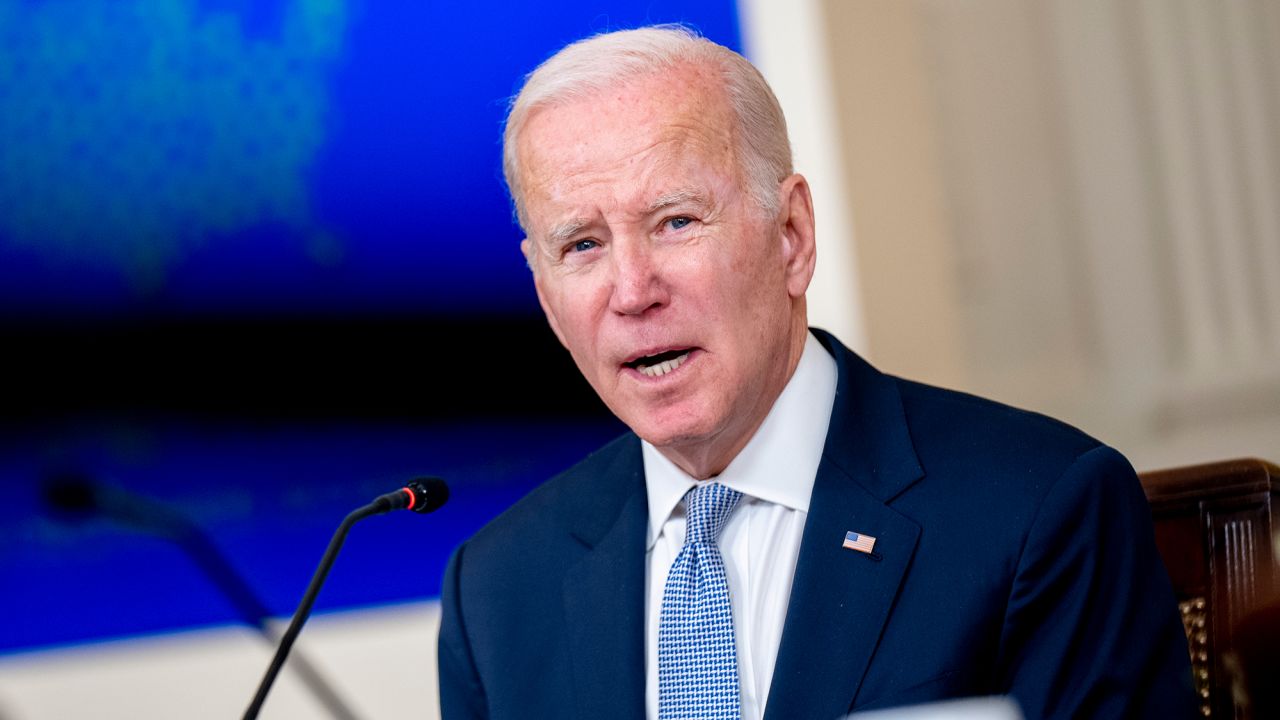Washington is on the type of dramatic collision course on which some politicians thrive.
Republicans want budget cuts, although they haven’t shared any specifics.
President Joe Biden says he won’t negotiate over the debt limit, which represents spending already authorized by law.
Biden met Wednesday with House Speaker Kevin McCarthy, the start of what’s likely to be a monthslong standoff with the full faith and credit of the United States at stake.
But there’s a legal argument that this silliness is all for naught. Biden has the power to end this debate and move on, according to this line of thinking. Why is he unwilling to try it?
I talked to Robert Hockett, a law professor at Cornell University who specializes in public finance and consults for the International Monetary Fund and the Federal Reserve Bank of New York.
He laid the idea out to me that Congress actually invalidated the debt limit back in the 1970s, and so Biden could essentially ignore it now. It’s interesting, if unlikely, and could represent a fail-safe if debt ceiling negotiations take the US economy to the brink. Excerpts of our phone conversation are below.
What do people misunderstand about the debt? They own the debt
WOLF: Public finance – that’s the debt. I think a lot of people misunderstand what exactly the debt is and what it represents. What do you tell your students about that?
HOCKETT: The debt is essentially the outstanding value of US Treasury securities that are issued. Each year, anytime that the federal government spends more than it brings in, in the form of revenue –
WOLF: Which is almost every year …
HOCKETT: Which is pretty much every year and has been for decades now. The difference is added to the debt each year. And the primary form that it takes is US Treasury securities.
What a lot of people don’t really seem to realize, because it runs a little bit counterintuitive, is that the US national debt is not just an amount that the federal government owes, or that it owes to the rest of the world or what have you. It’s primarily a debt that the federal government owes to us, right? To the citizenry itself. Most of the holders of US debt are American citizens.





